Omer Aziz has many titles: he’s a lawyer, an author and a former foreign policy adviser for Prime Minister Justin Trudeau’s government.
Most recently, as a fellow at Harvard University’s Radcliffe Institute, Aziz has been researching the rise of fascism — a far-right, authoritarian political movement that emphasizes nationalism and militarism — in the West. The Scarborough, Ont., native also published his first book last year called Brown Boy: A Memoir, in which he discusses the struggles of navigating elite, predominantly white spaces as a Pakistani Muslim Canadian from a working-class background.
You may unsubscribe from any of our newsletters at any time.
Sanam Islam spoke to Aziz about the roots of far-right ideologies, the impact of fascism on democracy and what it would take to curb the rise of fascism in Canada.
SANAM ISLAM: What prompted you to look deeper into the recent rise of fascism?
OMER AZIZ: It’s an issue that I’ve been interested in since I was in college. Donald Trump was elected U.S. president while I was at Yale Law School, and then the Jan. 6 Capitol riots happened in 2021, so the world was pushing me toward the subject as well. We are also seeing the rise of far-right parties with fascist politics, toxic masculinity, and anti-minority, anti-Black, antisemitic, anti-trans sentiments — all this goes together.
SI: Why do you think fascism has been growing in North America?
OA: Some of its growth is a symptom of larger problems, which include extreme inequality, racial polarization and weaponizing the state to come down on minorities. Since the 1970s, we’ve seen a disintegration of the social order in the United States. There was the mass incarceration of African Americans, harsh drug and anti-immigrant policies, and trade deals and economic arrangements made by liberal elites that left many people behind. So you have a mass of people who are disaffected, disillusioned, unemployed, and neither left party or right party can reach them. And that’s how someone like Trump can come in and take over.
SI: What are the similarities and differences between the modern fascist movement and fascist movements of the early 20th century?
OA: The Nazis didn’t come out of nowhere; there was a breakdown in democracy in Germany at the time. We’re seeing a weakening of democracy now. Another similarity is fascists infiltrating national security agencies, as well as radicalizing civil servants, political groups and previously apolitical individuals. It’s very easy for demagogues to tap into racial and gender anxiety.
I think one difference is that the 1930s fascist movements under Hitler and Mussolini were statist — they had a party program. They built up their voter base, and then they took over the state to form a minority government. Today’s movements are like militias. They’re white supremacist groups and disaffected white men who are becoming very radicalized. If you look at who does mass shootings, for the most part, it’s young, alienated white men. There are some U.S. groups like the Oath Keepers, an anti-government militia, and Proud Boys, a male-only far-right militant organization, who want to use violence and take over the government as well.
More on Broadview:
SI: What is the relationship between fascism, the growth of the far-right, white nationalism and neo-Nazism in the current environment?
OA: They all go together. But I would say white nationalists want white supremacy, like the Ku Klux Klan. Neo-Nazis are very much in the vein of Hitler and the Hitler Youth. And then the fascists, they have bits and pieces of them all, but the one big thing that distinguishes fascism is that it is a political program to take over the state. And you can see that in the Jan. 6 report — the attempt by Trump and his cronies to overturn the election, have false electors and an entire plan to take over the government. The different groups have different emphases, but they’re all vultures flying among each other, so that’s how we should be treating them as well.
SI: How has the growth of fascism in the United States affected Canada?
OA: Canada has its own white nationalist and supremacist problem. Canada exports a lot of conflict — for example, rabid, conservative, nationalistic intellectuals who have been attacking trans people, democracy and all kinds of institutions. What influences Canada is probably this hyper-partisan Republican Party-dominated politics in the United States, where everything is factional, under question and interrogated — even the legitimacy of institutions.
SI: What are some current examples of right-wing extremism that you’re seeing in Canada?
OA: There’s a whole network of right-wing extremists in Canada, and we’ve seen the violent outgrowth of this in the horrific shooting at a mosque in Quebec City in 2017 and the murder of the Afzaal family in London, Ont., in 2021. We see some conservative politicians parroting lines of right-wing fascists. There’s a whole MAGA [Make America Great Again] contingent in Canada as well. If you look at online communities, you’ll see a lot of Canadians participating in discourse about replacement theory [the conspiracy that white people in the West are being replaced by non-white immigrants] or being outright supportive of Hitler.
SI: What are the threats to democracy and liberal institutions if fascism continues to grow?
OA: There’s a huge threat to minorities, our constitutional system and to parliamentary democracy as it exists. If a fascist leader were to come into power, they would know how to use the levers of state, government, authority and control. This is why Trump’s re-election is so dangerous. And in Canada, it’s very easy: one leader just needs a majority in Parliament. Any growth of this movement is going to corrode our democracy — in fact, it already has. There’s a real rise of anxiety, dislocation, alienation and people tuning out from politics. This opens the lane for extremists to come into politics. I think we have to be very vigilant, and young people, people of colour, women and those who have been marginalized are going to be the custodians of this democracy.
SI: How could fascism affect attitudes toward race, religion and gender?
OA: It’s going to roll back the rights of women and minorities. If you look at the state of women in America right now, they have to wage battles that maybe their grandmothers had to fight. We’re rolling back voting rights, affirmative action and all kinds of protections and civil liberties as well.
SI: In your memoir, Brown Boy, you discuss the racial and religious discrimination you experienced while growing up in Scarborough, Ont., and while attending elite U.S. universities and working for Trudeau’s office. From a personal standpoint, do you find that such discrimination has lessened or grown over time?
OA: It’s still a systemic thing, so it impacts all systems and all people, but I think I’m a lot more confident now. The difference now is that if you’re a minority, you can acquire power over time through education and knowledge and use it to tip the scales. I do worry though about increasing hate crimes. At the same time, with the younger generation and the movement for equality, there’s been a greater check on racism. We take two steps forward, one step back.
SI: What needs to be done to create change when it comes to prejudice and discrimination against minorities?
OA: We can all lead by example. We have to make room for someone who’s different, an outsider or a minority. Oftentimes, it’s a boardroom decision or a decision about who you’re going to hire or promote. These are areas that actually impact and change people’s lives. I think it’s very important for people to express themselves, have their voices heard and take up space. It’s going to be a struggle, and it always has been. There has never been a movement for equality or greater justice that hasn’t faced pushback.
SI: How do we curb the rise of fascism and its related ideologies in Canada?
OA: I think by rejuvenating democracy, building a multiracial working-class coalition, teaching better civics and maybe sharing more stories by minorities and disenfranchised people. Ultimately, we need to write a better story of this country and its future, and make sure we give young people a feeling of ownership — a stake in the future.
I think what I can do is bring it to light, analyze it and warn others about it. This is a clear and present danger, and we have to take it seriously.
This interview has been edited and condensed for length and clarity.
***
Sanam Islam is a freelance journalist in the Greater Toronto Area.
This story first appeared in Broadview’s July/August 2024 issue with the title, “How the Far-Right is Born.”

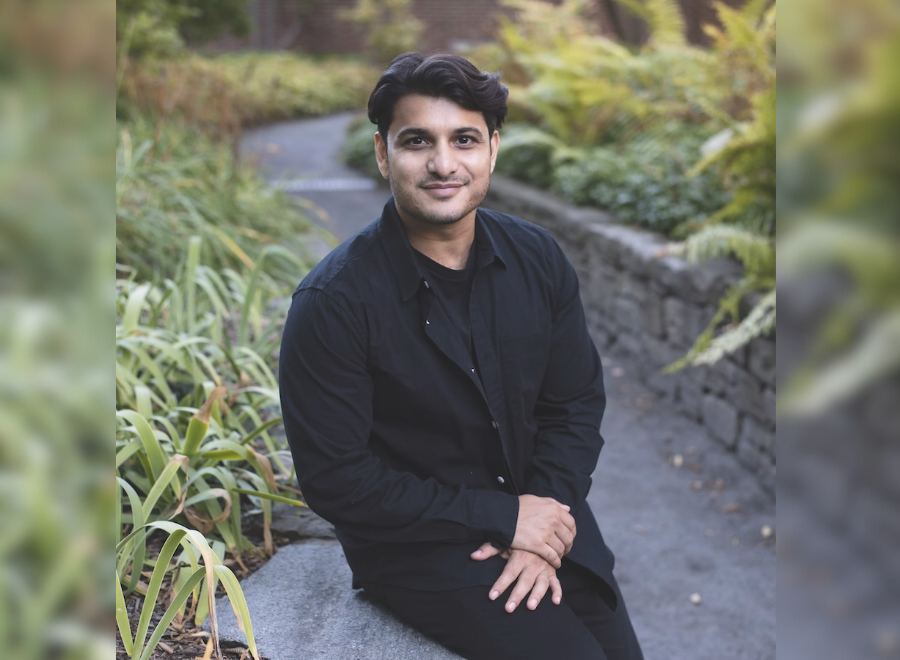








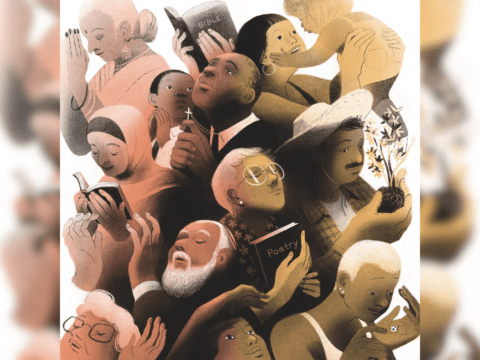
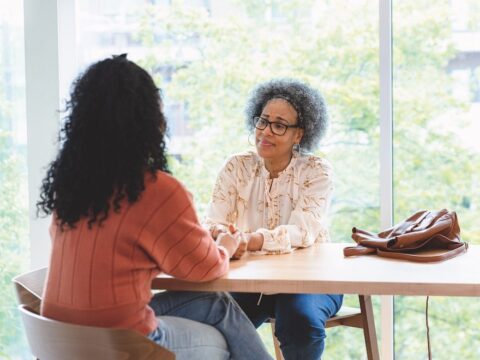
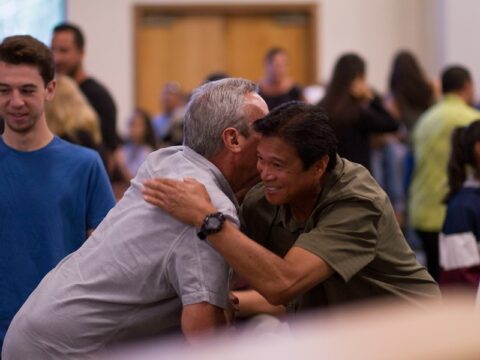

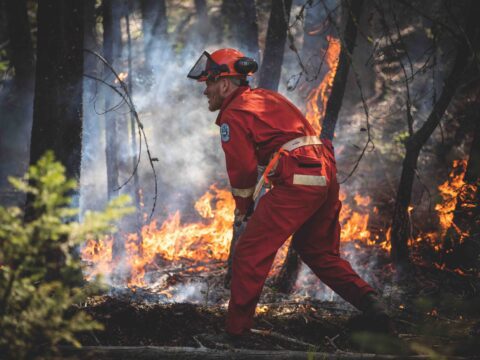
I would like to communicate by email with Omar Aziz about the rise of fascism and western alienation affecting national politics in Canada.
Would you contact him and ask him to contact me.
(Dr.) Bryan Kerman Ontario 519-586-3594 or 289-808-3243
Omar Aziz has presented a worrying growing problem that all Canadians should be aware of.
It is a clear call for compassion and inclusiveness for all individuals in society towards one another.
It is more difficult to deal with societies larger problems, such as inadequate housing for example, so perhaps we need to inform, discuss, support, our political representatives that they have the courage and incentive to get things done, to make change where necessary.
Democracy is under threat. Let us stand up for democracy or we shall lose it.